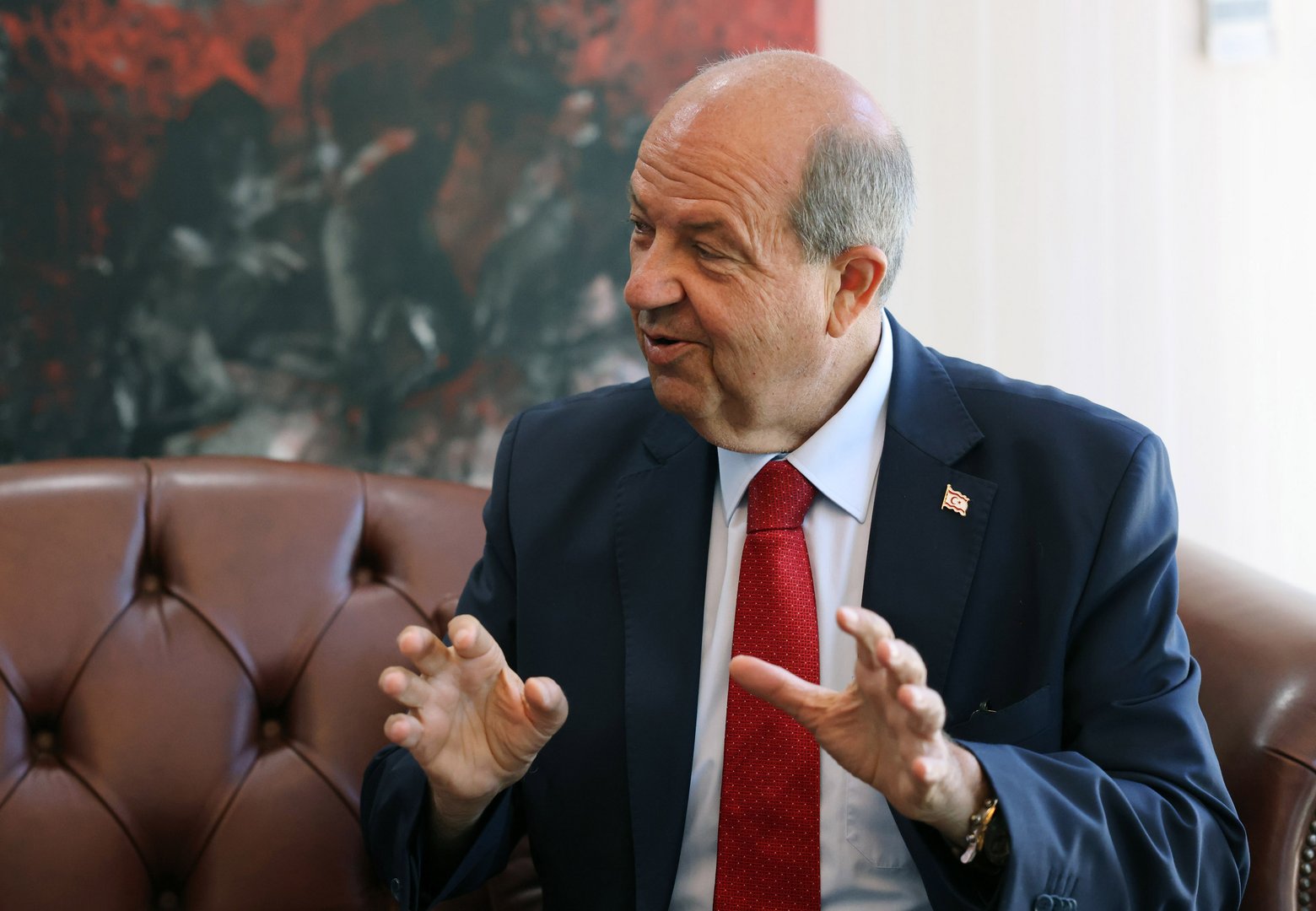Turkish Cypriot Leader Ersin Tatar said on Tuesday there are students from 144 different countries studying at the north’s universities.
He was speaking to Turkish online television channel OdaTV and added “within the scope of the works we have been carrying out, everyone has learned that there is a country in the Eastern Mediterranean called the TRNC.”
The north is now home to a large student population, with over 20 universities currently operational.
Turkish Cypriot Nicosia Mayor Mehmet Harmanci said in November that half of his municipality’s population are university students.
“Within the borders of the Nicosia Turkish Municipality, there are 40,000 university students, which is half of the official population of our municipality and a third of our unofficial population,” he explained.
The sheer number of universities, and their reported questionable legitimacy, have been a source of controversy in the past.
Former Turkish Cypriot Chief Negotiatior for the Cyprus problem Kudret Ozersay had said “some organisations are operating under the name of a ‘university’ and illegally bringing people into the country,” adding, “steps should be taken to close these organisations.
“It is also claimed that some people who come to the country under the guise of being students tried to enter the south illegally as a result of their universities not remaining in contact with their students,” he added.
The north’s Human Rights Platform (IHP), too, had warned of links between the north’s educational sector and human trafficking.
They said the north’s authorities had been warned of the problems but noted that “when students arrive … there is no monitoring mechanism to follow their status here, whether they attend their universities, or if they find themselves in other dangerous or illegal situations, such as human trafficking.”
However, Serdar Denktash urged the north’s authorities to allow the numerous universities to keep operating and keep accepting students from abroad.
“Efforts to cut off this source are extremely misguided in terms of the economy. We would be doing ourselves a great disservice if we tried to cut off a river of inward investment into our economy just because we cannot control the number of third country nationals entering,” he said.
He added, “we would be shooting ourselves in the foot.”







Click here to change your cookie preferences